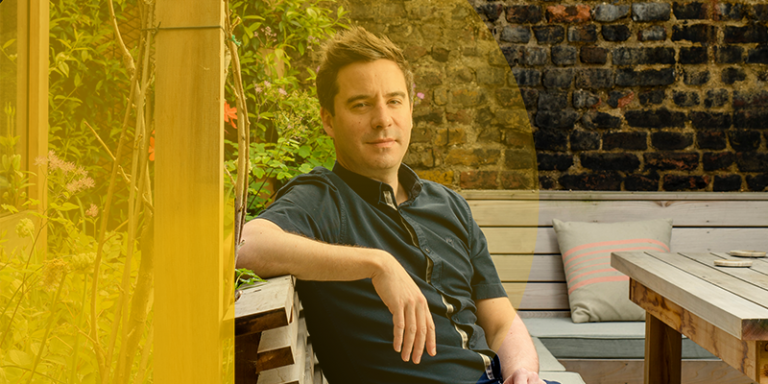James Graham becomes the UCL Policy Lab's first Visiting Professor
26 May 2022
Speaking ahead of the announcement spoke of the vital role political storytelling plays in securing democracy and tackling our shared challenges

The UCL Policy Lab is delighted to announce James Graham (OBE FRSL) has become its inaugural Visiting Professor.
The playwright is widely celebrated for his subtle examinations of complex political issues, including plays such as This House (2012), Privacy (2014), Ink (2017) and Labour of Love (2017) as well as television dramas including Coalition (2015) and Brexit: The Uncivil War (2019).
Ahead of the announcement, James Graham spoke of his passion for political storytelling and its importance in the lives of ordinary people ‘I’m obsessed by how they find the language and the storytelling in politics. I’m interested in how you communicate these often difficult and complex ideas’.
Graham also spoke about the ability of art to help us explore the personalities of the political figure and institutions that shape our lives, even those we disagree with “Being given the opportunity to walk in the footsteps of people you probably disagree with- I think that’s the value of drama in [this] space. Theatre has always done that – it has taken villains, warriors, kings and queens, and tried to understand them emotionally; what they want, what’s driving them, and then created that empathetic space”.
The Lab will work with Graham to gain insights into how we communicate and discuss complex challenges. The Lab’s Director, Marc Stears was excited to welcome Graham as the Lab’s inaugural Visting Professor. “No-one has done more to explain complicated political issues and put hard questions to the public in recent years, than James Graham. I am sure he will inspire our community to try to do the same.”
The Policy Lab – born as a joint initiative between UCL’s Department of Economics and Political Science – is committed to supporting decision-making and public debate through innovative and collaborative research.
 Close
Close

